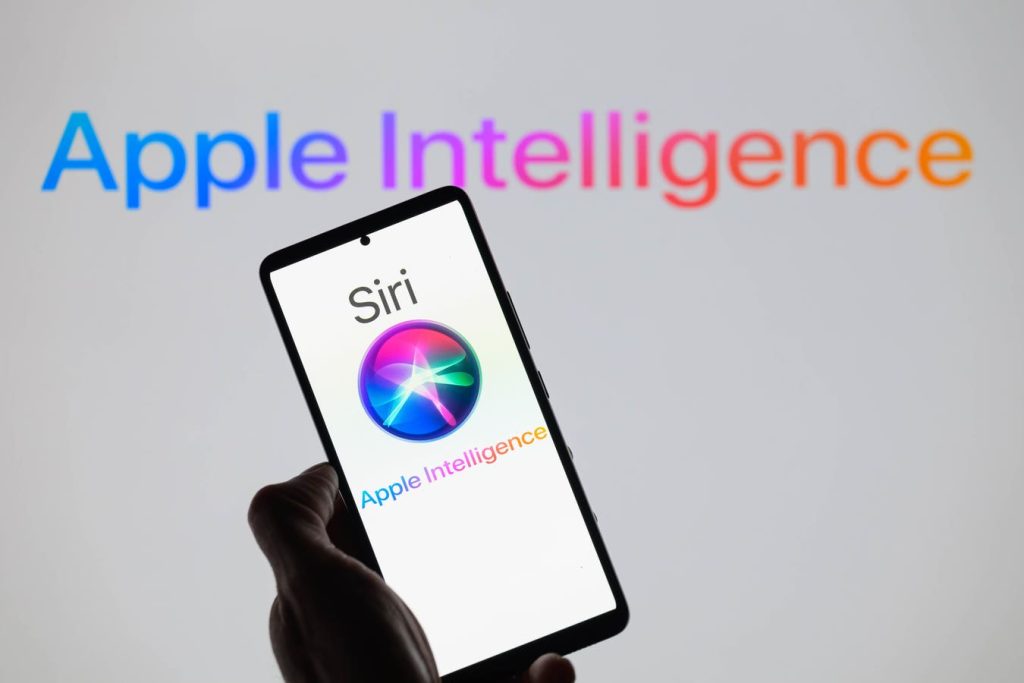The Agentic Era: Will AI Finally Make Voice Assistants Useful?
The promise of voice assistants like Google Assistant, Amazon’s Alexa, and Apple’s Siri has remained largely unfulfilled since their inception. While initially envisioned as tools for seamless task completion, these assistants have often stumbled, resorting to web searches when confronted with complex requests. Users have consequently relegated them to simple functions like setting timers or playing music, far from the comprehensive personal assistants they were meant to be. However, the rapid rise of generative AI is poised to change this narrative, ushering in what Google CEO Sundar Pichai calls the "agentic era," a time when AI agents could finally unlock the true potential of voice assistants.
AI agents, unlike their predecessors, are specifically programmed to execute actions on behalf of users, from booking reservations to making online purchases. This capability marks a significant leap forward, transforming voice assistants from passive information retrievers into proactive agents capable of completing complex tasks. Imagine a Google Assistant that not only reads your schedule but also books meetings, coordinating with contacts and finding mutually agreeable times. Or picture an Alexa that acts as a digital travel agent, planning entire vacations based on basic inputs like dates and destinations. This agentic potential is fueling a frenzy of activity in the tech industry, with hundreds of platforms dedicated to the technology emerging from both tech giants and ambitious startups. Billions of dollars are pouring into the sector, signaling a widespread belief in the transformative power of AI agents.
The established tech giants, with their vast resources and existing voice assistant platforms, are uniquely positioned to capitalize on this AI revolution. Google is leveraging its powerful Gemini model to enhance voice searches, while Apple has partnered with OpenAI to integrate ChatGPT into Siri. Amazon, demonstrating its commitment to this evolution, has invested heavily in Anthropic, the creator of the advanced Claude chatbot. These strategic moves indicate a concerted effort to finally deliver on the initial promise of voice assistants – to become genuinely useful tools for everyday life. The competition is fierce, with both established players and startups vying for dominance in this rapidly evolving landscape. The race is on to develop agents that can orchestrate complex tasks with greater accuracy and create more natural, human-like conversational experiences.
However, skepticism remains. Some industry experts believe that while AI agents represent an improvement, they may not be the revolutionary leap forward that some anticipate. Concerns persist about the reliability of these agents for more complex tasks, and whether users will truly trust them with significant responsibilities. The challenge lies in overcoming the ingrained user habit of relying on voice assistants only for trivial tasks, a habit formed by years of inconsistent performance. Building trust will be crucial for widespread adoption of these more advanced functionalities.
Despite these reservations, the improvements in voice AI are expected to have a profound impact on how we interact with technology. One area of potential growth is the integration of voice features into a wider range of applications. Imagine seamlessly returning ill-fitting shoes through a voice command to an e-commerce app, or effortlessly converting a rambling thought into a structured to-do list. This enhanced natural language understanding, coupled with reduced latency, promises a more intuitive and efficient interaction with our digital world.
Furthermore, advancements in voice AI could finally unlock the potential of hardware ambitions that have long eluded the tech industry. Google’s re-entry into the smart glasses arena with Project Astra, and Facebook’s Orion glasses, exemplify this renewed focus. These voice-controlled devices hint at a future where information and assistance are readily available at a glance, seamlessly integrated into our everyday experiences. From retrieving door codes to providing information about surrounding landmarks, these devices aim to deliver on the promise of augmented reality and seamless access to information. Beyond these futuristic applications, voice-based innovations also enhance accessibility, offering an alternative interface for those who struggle with traditional input methods. This democratizing potential of voice technology, combined with the growing preference for voice communication among younger generations, suggests that the “agentic era” may fundamentally reshape how we interact with our increasingly digital world. The convergence of improved AI, enhanced voice models, and innovative hardware is paving the way for a future where voice becomes the primary interface, unlocking the untapped potential of computing and making technology more accessible and intuitive for all.





